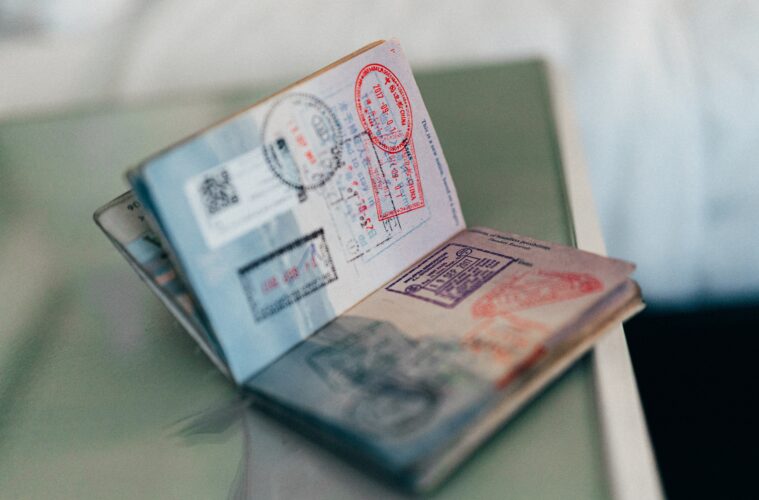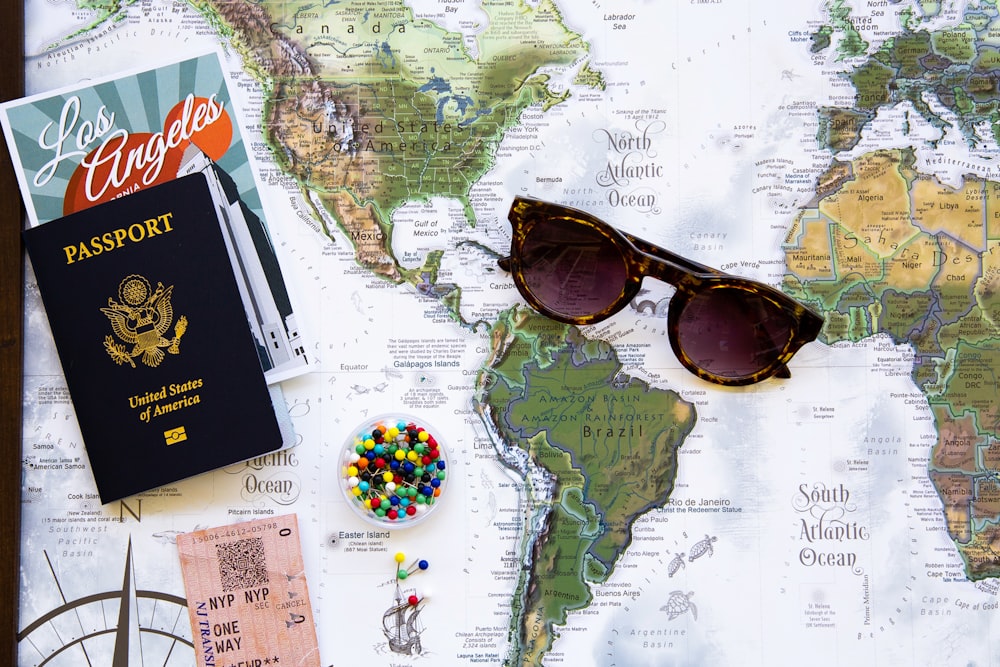When planning a trip abroad, one of the most important things to consider is visa requirements. Depending on your nationality and the destination country, you may need to obtain a visa before traveling. Failure to do so could result in being denied entry at the border or even deported. We’ll provide an overview of what you need to know about visas before traveling. We’ll discuss how to determine whether or not you need a visa, what types of visas are available, and how to go about obtaining one. So read on for everything you need to know about visas before traveling!
1. Talking To The Right Services
Before you begin the process of obtaining a visa, it is important to know who to talk to. Depending on your home country and destination country, there will be different services available. For example, if you are an American citizen traveling to France, you would need to contact the French Embassy in Washington DC. And you should consider reputable Bali visa services if you are planning a trip to Indonesia. It is important to research the process for obtaining a visa for your specific situation, as different countries have different requirements and restrictions. Most embassies and consulates will have information available online, so make sure to do your research.
2. Finding Out If You Need A Visa
The next step is finding out if you need a visa in the first place. Depending on your country of citizenship, you may not be required to obtain one. Certain countries allow citizens of certain other countries to enter without a visa, while others may require all visitors to obtain one before they can enter the country. To find out if you need a visa for your specific situation, contact the embassy or consulate of the destination country. They can provide you with more detailed information about the requirements for entry into their country. Your passport will determine what kind of visa you need if any. For example, U.S. citizens traveling to some countries for tourism may only need a passport and not have to apply for a visa.
3. Different Types Of Visas Available
Once you’ve determined that you need a visa, it’s important to familiarize yourself with the different types of visas that are available. Generally speaking, there are three main types of visas: tourist visas, business visas, and student visas. Each type has its own set of requirements and restrictions, so it is important to research which one best suits your needs
- Tourist Visa: This is the most common type of visa for travel. Tourist visas are issued to people who plan to stay in the country for a short amount of time, usually no longer than 90 days. Depending on the destination, requirements may vary from having valid proof of financial resources and a return ticket to providing proof of hotel reservations or an invitation letter from someone you know in the host country.
- Business Visa: A business visa is issued to those traveling overseas to conduct business dealings or meetings with foreign companies. It’s important to note that this type of visa does not allow employment opportunities within the host country. Requirements include proof that your visit pertains strictly to business purposes and evidence of sufficient funds for travel expenses during your visit.
- Student Visa: If you plan to study abroad, then a student visa is the type you need. Depending on the country and university, requirements will vary. Generally speaking, they include a valid passport, proof of acceptance at an institution of higher education, and evidence that you can cover all tuition expenses as well as living and other related costs during your studies.
4. Obtaining A Visa
Once you’ve determined which type of visa is best for your needs, the next step is obtaining it. Different countries have different processes for applying for a visa, so make sure to do your research. Generally speaking, the process will include submitting an application form, providing necessary documents and proof of financial resources, and paying any applicable fees or taxes. It’s also important to note that certain visas may require an interview or medical examination before being approved. Make sure to follow all instructions carefully and double-check everything before submitting your application as mistakes can be costly and time-consuming.
5. Visa Duration And Renewal
The amount of time your visa is valid varies depending on the type and purpose of your visit. Generally speaking, visas are either short-term or long-term, with a duration ranging from a few months to several years. Make sure to read all the conditions and restrictions associated with your visa before you travel as some may require that you leave the country after a certain period. It’s also important to note that most visas can be renewed if needed, so make sure to research the renewal process before the expiration. For the US, for example, visas can be renewed within the US at an embassy or consulate. Other countries may have different requirements, so it’s important to familiarize yourself with their local visa rules and regulations before applying, and before considering going on holiday.
6. Who Isn’t Eligible?
In addition to the requirements mentioned above, it’s important to note that certain individuals may not be eligible for a visa. For example, those with a criminal record or who have been previously denied entry into another country may not be able to obtain a visa. Additionally, some countries may also require that you hold valid health insurance before entering the country. If you’re unsure about your eligibility for a visa, it’s best to contact your local consulate or embassy for further information.
The process of obtaining a visa can be confusing and time-consuming, but with the right information, it should become much simpler. With some preparation and planning, your trip abroad should be stress-free. Additionally, it’s important to note that visas do not apply to all countries and some may require additional documents or proof before entry. Make sure to research the country’s visa requirements in advance so you can plan accordingly.
Published by HOLR Magazine.




